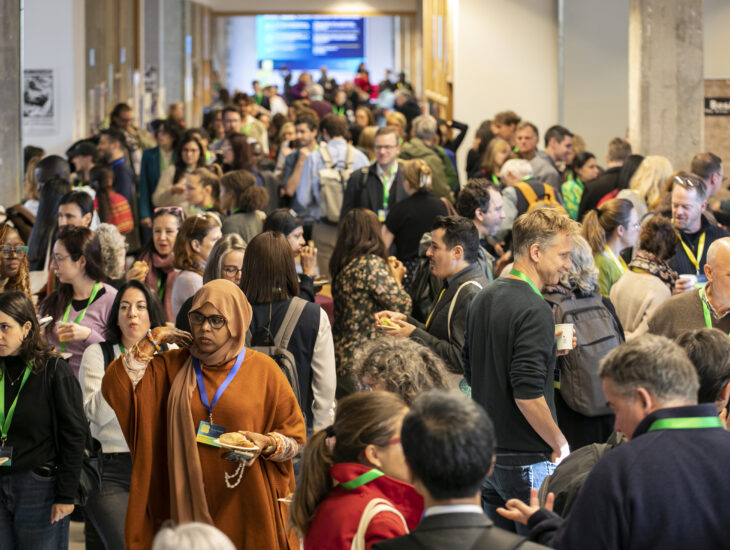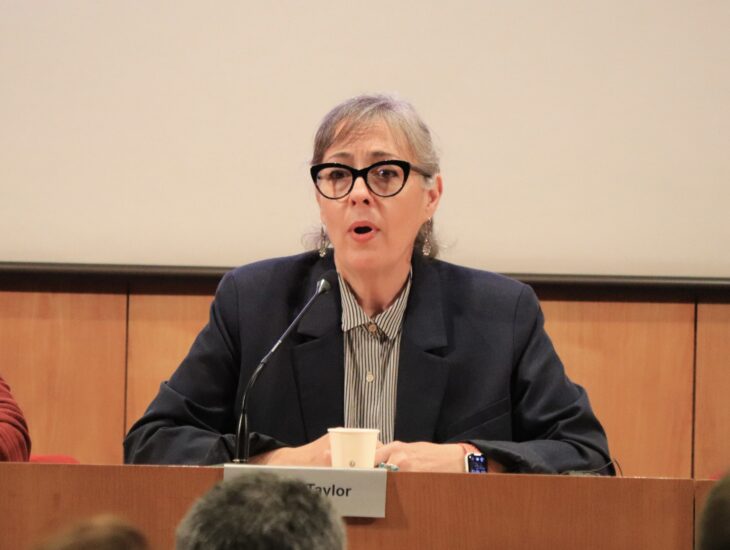Mass social protest is one of the most visible and repeated expressions of the current unrest affecting Latin America. More and more people are taking to the streets to denounce the loss of fundamental rights and freedoms, and what is perceived as constant attacks on the principles and practice of democracy. These protesters come from all walks of life, spanning several generations and different social and economic backgrounds.
Expectations for the future have fallen to their lowest levels in decades and a sense of insecurity has been gaining ground. Nevertheless, critical voices and transformative initiatives are greatly increasing in the face of despair.
In this context, ICIP and Casa Amèrica Catalunya present “Impulses of Latin America,” a seminar series that will take place on the first Thursday of the month, from March to July. These are the sessions scheduled:
Session 1: “From the erosion of democracy to the explosion of social revolts.” Latin America is experiencing a widespread outbreak of mass social protests against political parties and institutions that have failed to improve living conditions. New social-activist impulses threaten the status quo and open up prospects that are both risky and hopeful.
Session 2: “Economic crisis and social polarization.” The neoliberal economic system has increased inequalities and resulted in precarious living conditions for a significant part of the population. Without expectations for improvement, frustration grows and the social divide increases. Is it possible to reverse this situation?
Session 3: “A region threatened by the plunder of nature.” Latin America is one of the world’s most biodiverse regions. An area that should be part of the heritage of humanity is instead at the service of consumer culture and economic progress focused on growth. The people and communities opposed to this plunder face all kinds of attacks, and the rest of the planet is also protesting.
Session 4: “The power of religion.” In recent times, religion has been gaining more and more prominence in politics, and for the current leaders in countries like Brazil or Guatemala, the Bible has even become a reference as important as the Constitution. In the search for faith in a better world, which has largely been lost, what role do religions play?
Session 5: “A transformative culture to combat violence.” Latin America has become the world’s most dangerous region, with the world’s highest murder rate. In the face of many types of violence, the creativity, critical expression, and the capacity of resilience and resistance of these societies has been exceptional. They are undoubtedly a key factor in their ongoing struggle for peace.




